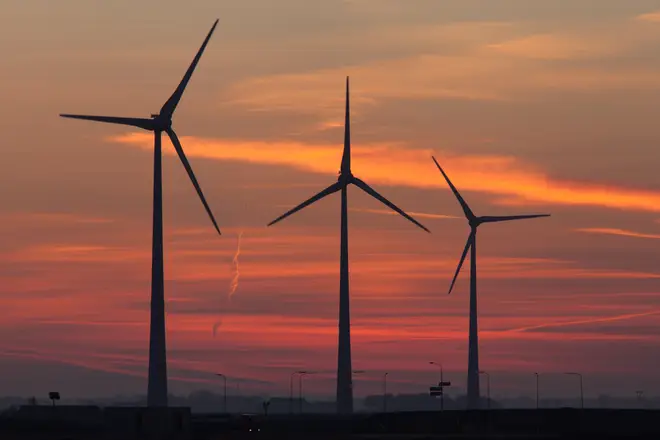
Henry Riley 4am - 7am
27 October 2021, 15:41

The Government has said that COP26 will be a carbon neutral conference - here's how.
COP26 is the 26th annual climate change summit for the United Nations.
It is being held in Glasgow from October 31 to November 12, a year later than originally planned as a result of the coronavirus pandemic.
Up to 25,000 people in total are expected to attend, including high-profile names like David Attenborough.

What is COP26?
After a year and a half of home-working and virtual education, many may be surprised the conference is not being held online.
Flying hundreds of delegates to the UK hardly seems like an environmentally-friendly solution to a conference all about climate change, and there are also fears about the summit being a 'superspreader' event for Covid-19.
Read more: What is COP26 and why does it matter? A complete guide to the key climate summit
Read more: COP26: What could be decided at the key climate summit?
However, the decision was made to hold the conference in person because there were worries that it would be easier for leaders and ministers to evade responsibility if the conference was held online.
Essentially, people hope that holding the conference in person will make it easier to get leaders to make, and stick to, their commitments on tackling climate change.

Cop26 Five graphs that show the reality of climate change
COP26 is advertising itself as a carbon-neutral conference, claiming that the carbon emissions resulting from flying all the delegates there will be offset in other ways.
Whilst a summary of the organisation's Carbon Management Plan is still yet to be published, it says "unavoidable" carbon emissions will be counteracted by offsets of "the highest possible standard". COP26 also said the schemes include a range of project types, based both in the UK and abroad.
Steps are being taken to minimise the production of CO2 as well. For example, delegates will be encouraged to use sustainable travel methods, catering will prioritise food that is both locally-sourced and in-season, and waste will be kept to a minimum by reusing and recycling material where possible.